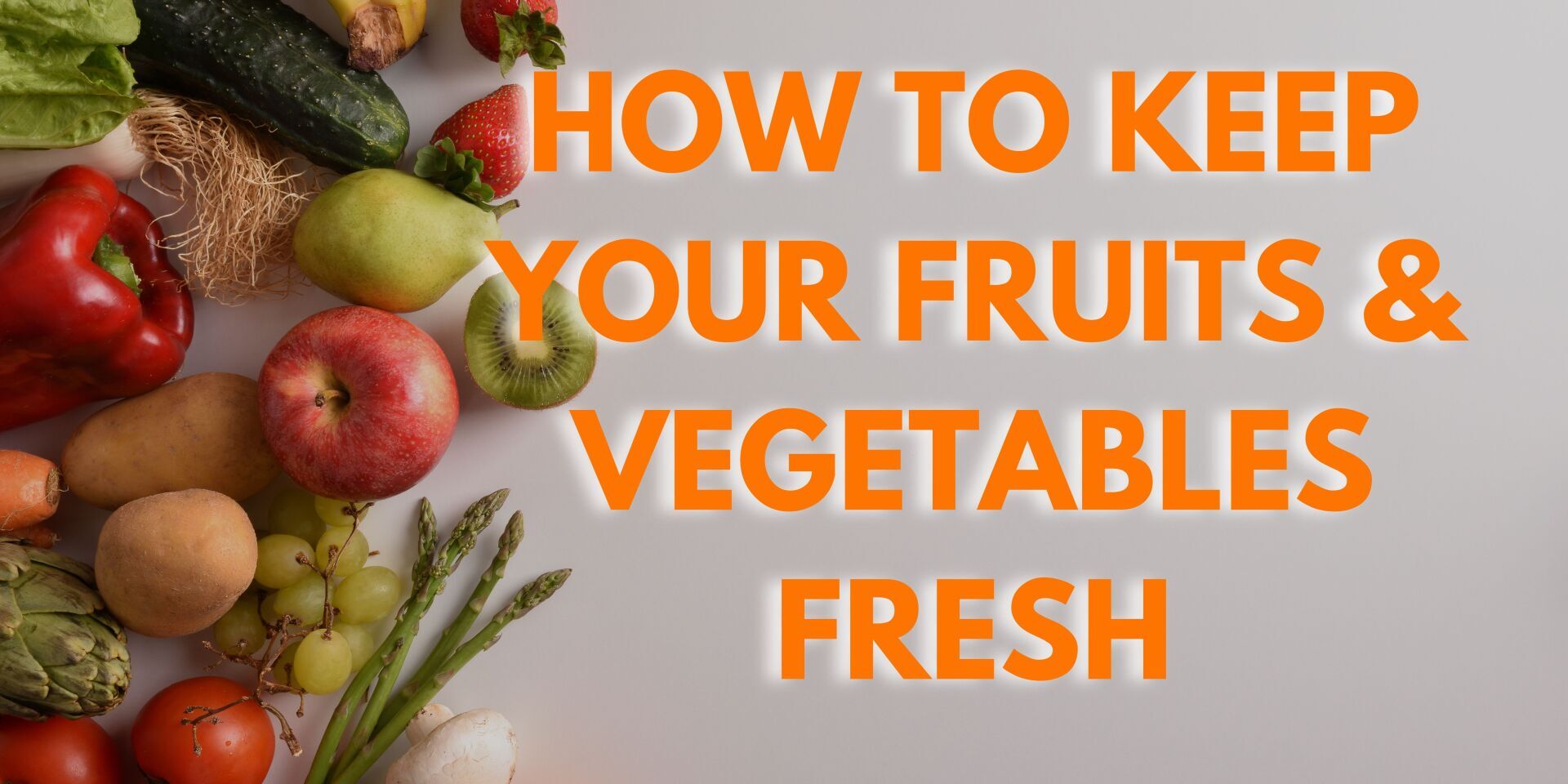How to Keep Your Fruits & Vegetables Fresh
We’ve all been there: you come home with all your fresh, healthy fruits and vegetables, you put them away, then a couple of days later, somehow, they look like they’ve been in your fridge for months! What gives?
Fun fact: Not all vegetables should go in the refrigerator.
Let’s face it, buying fresh produce for your meal prepping or morning smoothies, only for them to go bad within a day or two can become expensive. So figuring out how to keep vegetables fresh for longer can come in handy!
That’s why we are going to share with you what we’ve learned over the years on how to keep some of the most popular fruits and vegetables fresh once you get them home! And as you’ll see, proper storage is key.
Fresher for Longer
How to Keep Your Potatoes (Including sweet potatoes) Fresh: First of all, you should never refrigerate potatoes. Instead, it is best for potatoes to be stored in a cool, dark place, ideally with higher humidity. Good air circulation is also crucial to keeping potatoes fresh. And because potatoes produce the gas ethylene, keep them separate from other ethylene producing fruits and vegetables, such as bananas and onions.
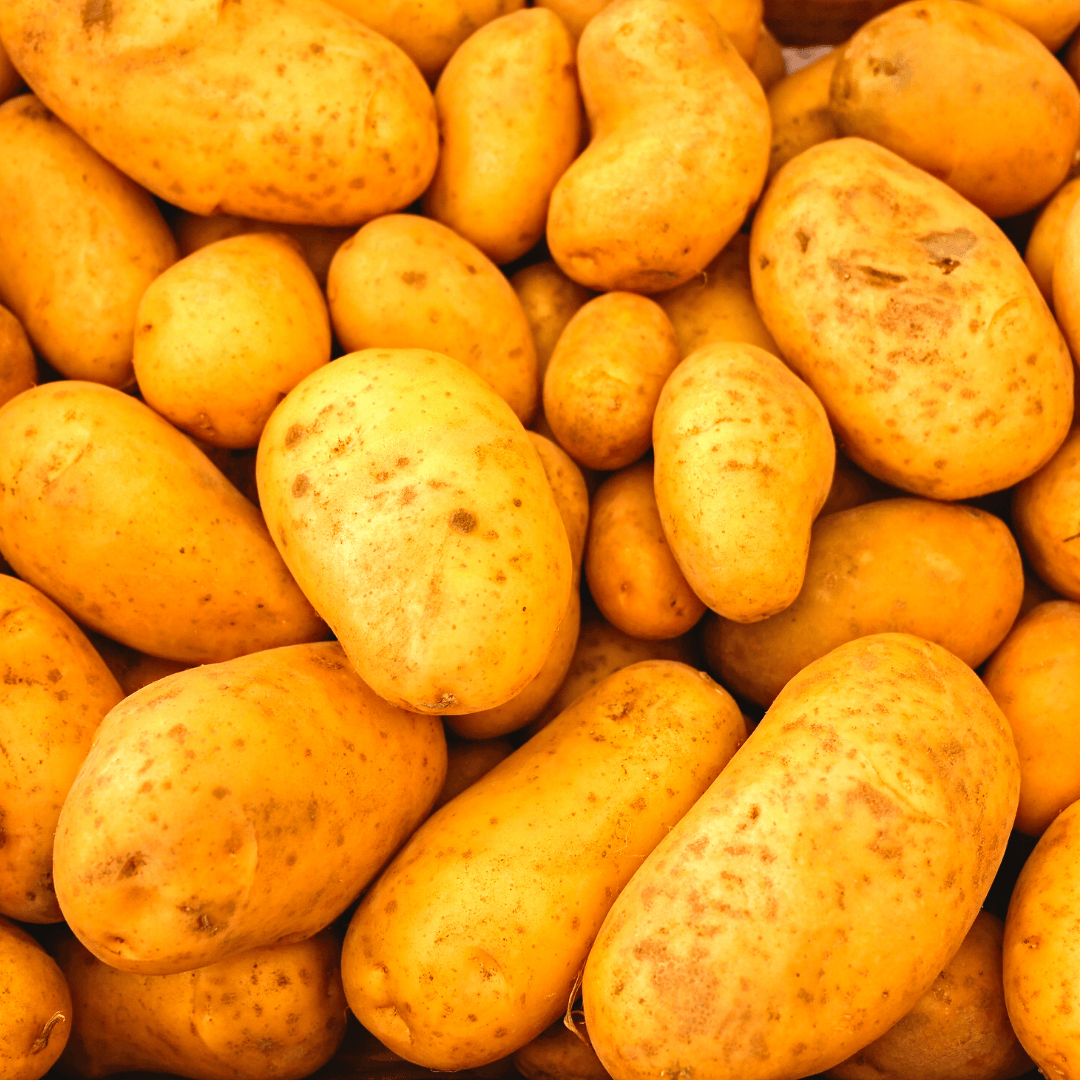
How to Keep Your Root Vegetables Fresh (Such As Carrots, Beets, Turnips, And Ginger): Unlike potatoes, root vegetables will have a longer life (several weeks, in fact) if appropriately stored in the refrigerator. If you keep root vegetables in a plastic bag in the fridge, they can last three to four weeks. You can store them loosely (aka, no bag) in the crisper drawer if you plan on eating them within two weeks. But no matter how you store them, ensure you remove any green, leafy tops beforehand, as they tend to rot faster than the vegetable itself.
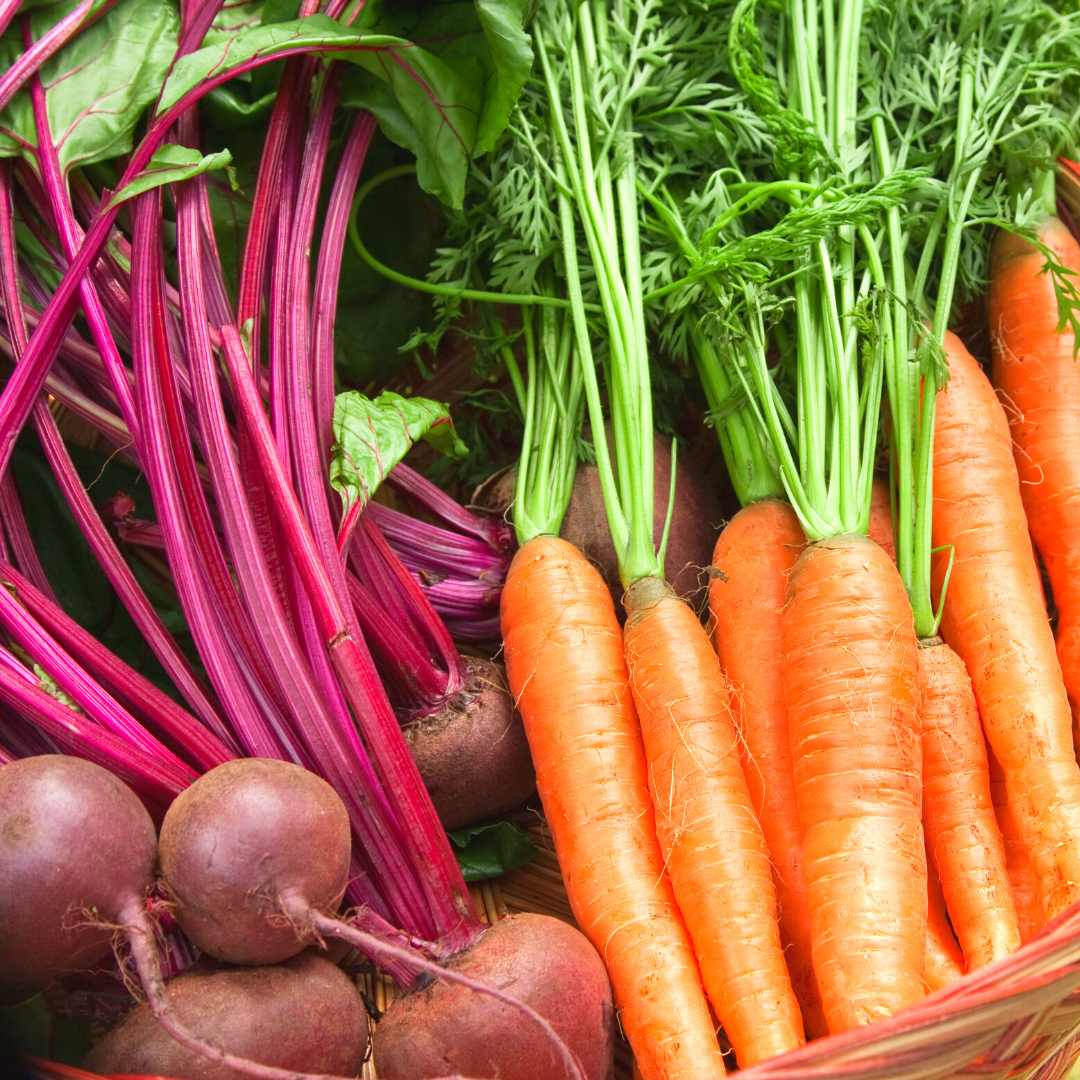
How To Keep Your Leafy Green Vegetables Fresh: Do you wash your fresh leafy greens once you get them home so that you can have them ready to eat? Well, you might want to reconsider that. Depending on when you plan on eating them, it might be in your best interest to avoid washing them until right before you’re ready to consume them.
Excess moisture left on leafy greens from washing can cause them to rot faster in the fridge. Instead, store the dry, unwashed leafy greens in an air-tight plastic bag or container; doing this can keep your greens fresh for up to a week or longer.
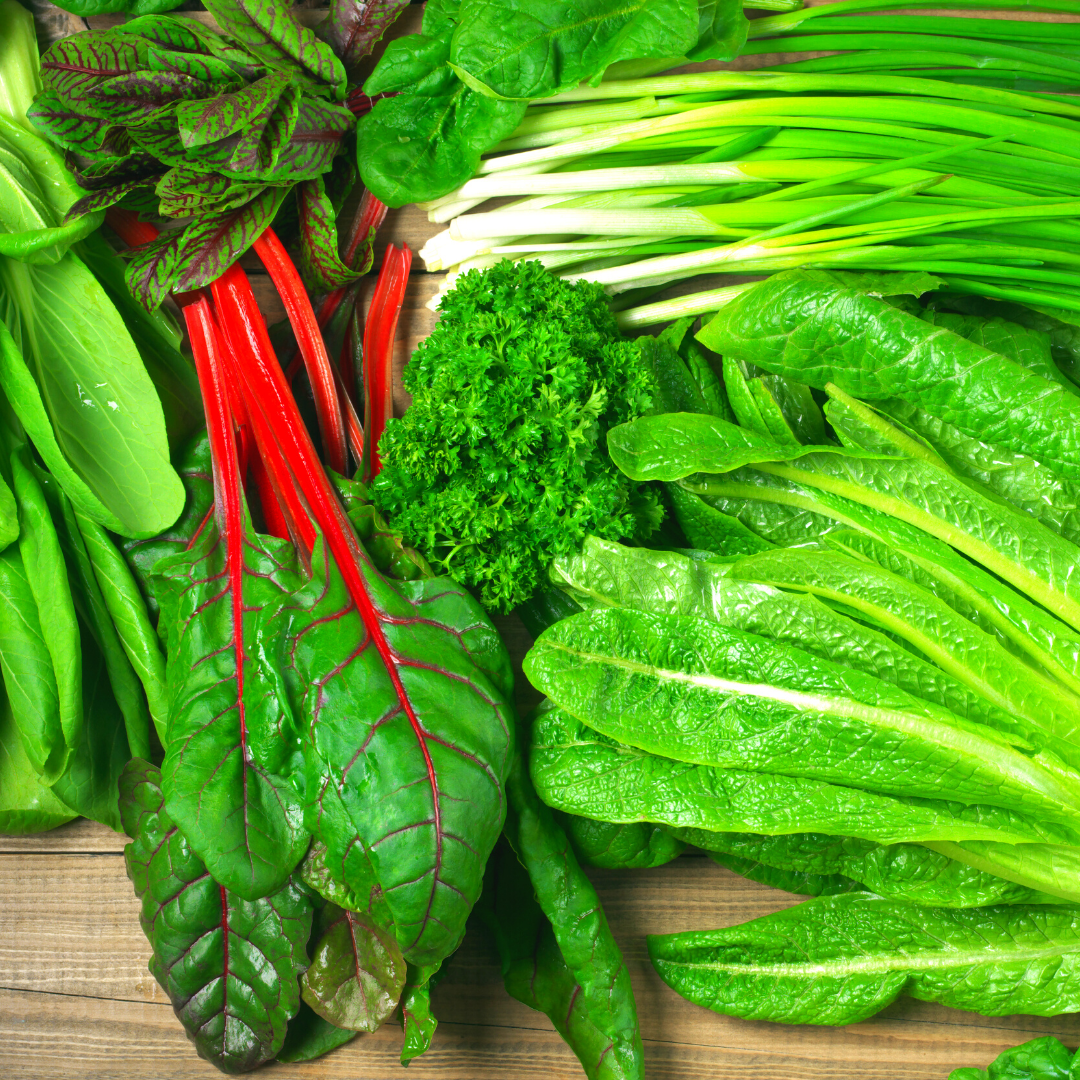
How to Keep Your Fruits Fresh, Apples (and Pears): The majority of fruit (including berries) cannot be kept fresh for extended periods; however, crisp fruits such as apples and pears can be kept for several weeks if stored correctly.
No matter how nice it may look, apples should not be stored in a bowl out on display. Along with pears, they should be stored in the fridge because apples love the cold (which makes sense if you think about how apple orchids tend to be in the cooler, higher elevations).
However, when you store your apples and pears in the fridge, make sure to put them in a plastic bag. The reason for this is because apples, like potatoes, give off ethylene gas, which causes other fruits and vegetables in your fridge to spoil faster.
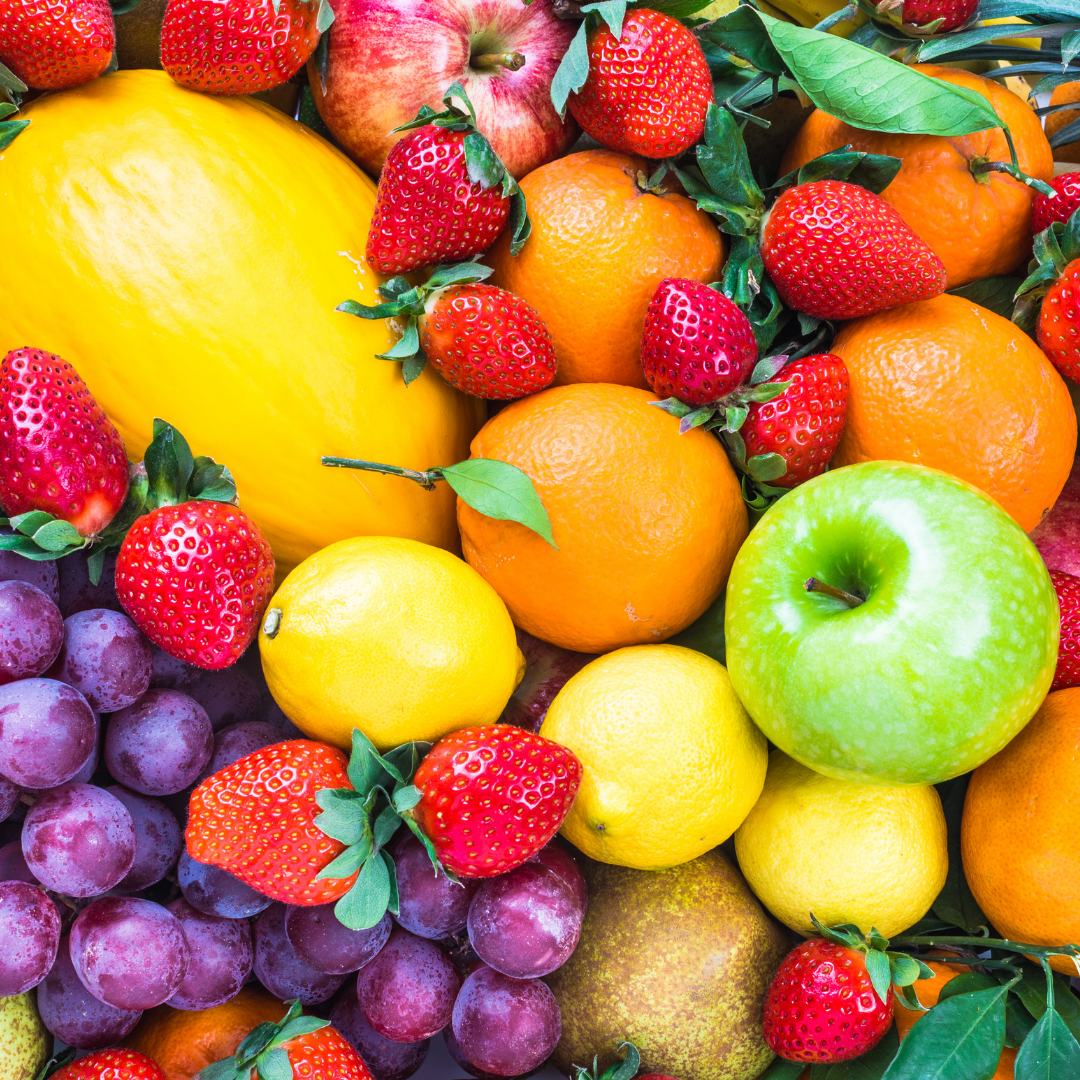
It’s All About That Storage
Clearly, there are so many more vegetables and fruits than what we’ve discussed here. However, the ones we’ve mentioned are the ones people buy most frequently.
So next time you buy potatoes, root vegetables, leafy green, or apples and pears, try storing them in the ways we shared here. You just might be surprised to see how long they last when you do.

